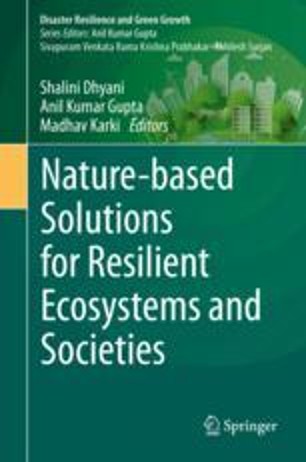Nature-Based Solution for Balancing the Food, Energy, and Environment Trilemma: Lessons from Indonesia

Demand for food and energy is constantly increasing in line with the global population and there are widespread concerns about environmental conservation. This chapter provides an overview of the identified potential to restore and utilize degraded land through an integrated biofuel- and food-production system that can also conserve the environment. Our findings highlight that the biofuel species Nyamplung (Calophyllum inophyllum L.) and Kemiri sunan [Reutealis trisperma (Blanco) Airy Shaw] in Indonesia are suitable to grow with local food crops on degraded land. Such integrated systems on degraded land are economically and socially favorable for local farmers. Producing biofuel and food on degraded land can also avoid compromising agricultural land use and production, while minimizing the harmful environmental consequences. However, for long-term sustainability of the system, and due to biodiversity and environmental concerns, there is a need to implement a mixed landscape approach using a “segregation” and “aggregation” land-management strategy, supported by competent government policies and local communities with sufficient social capital.
Topic: Bioenergy
Publisher: Springer
PublicationYear: 2020
g








